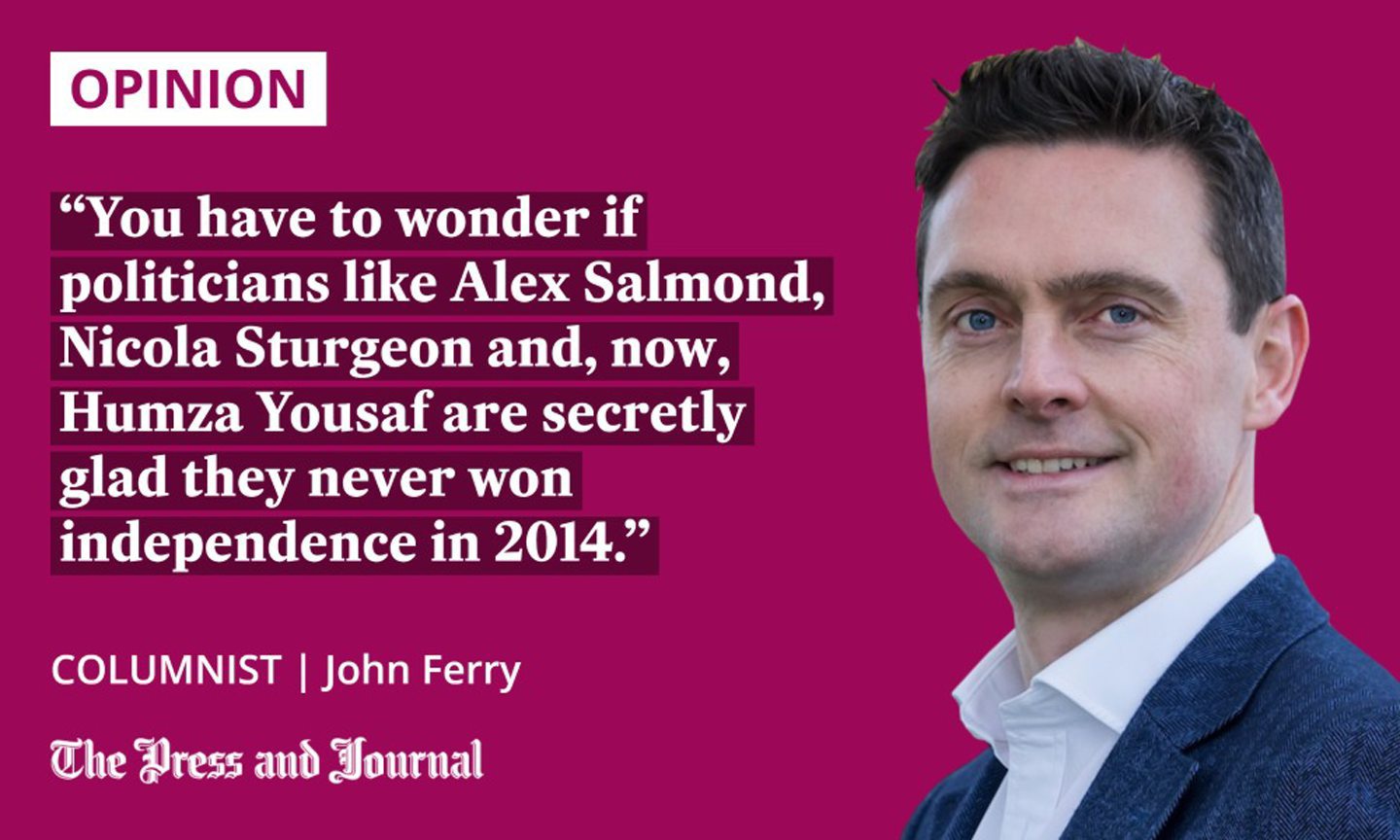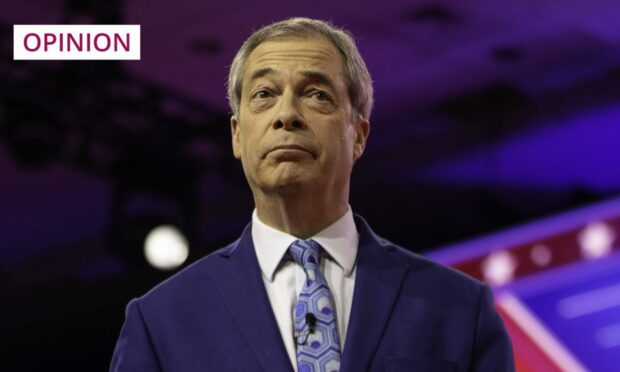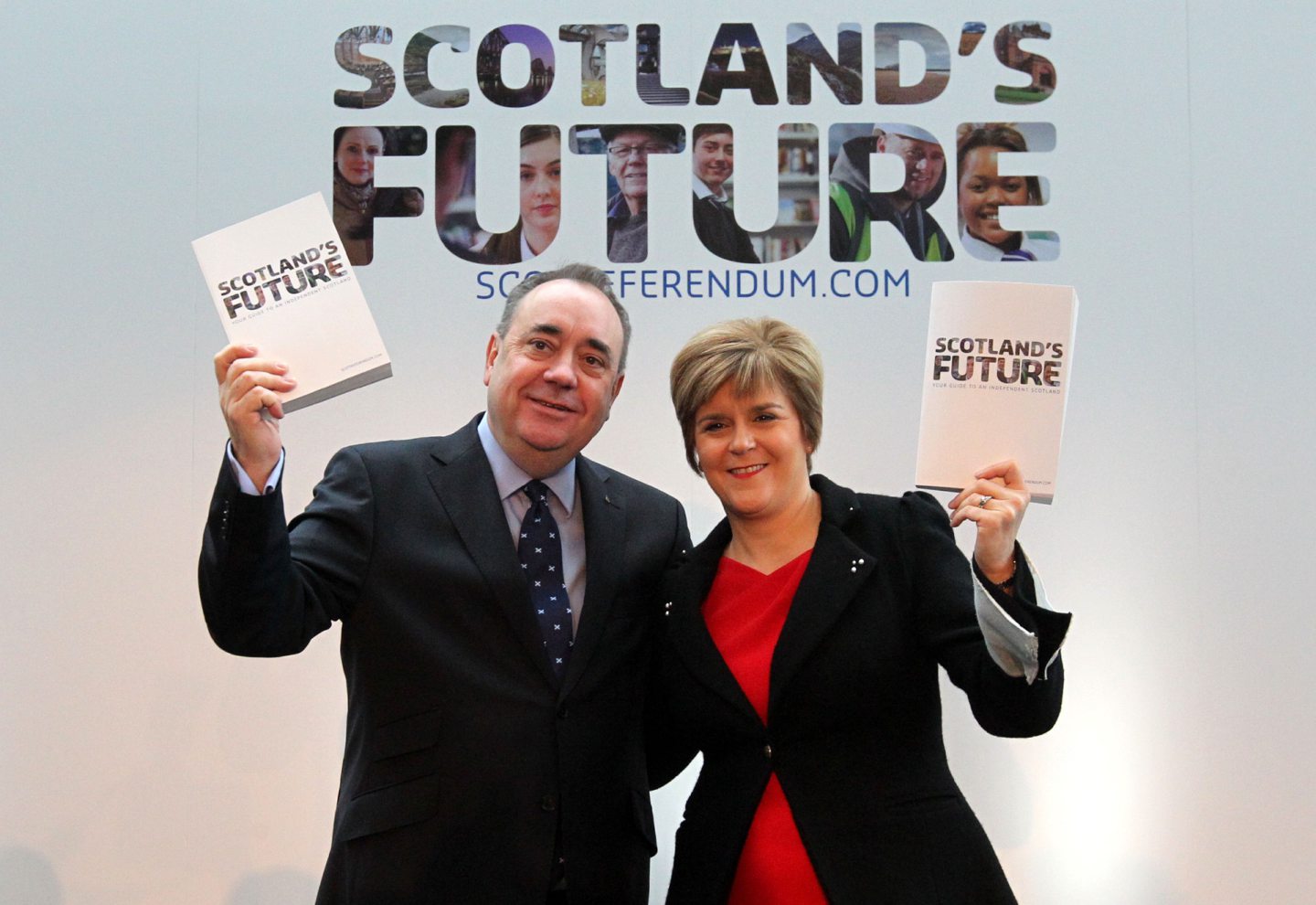It was the most extraordinary admission.
Speaking on Newsnight last week, Nigel Farage, a man who has dedicated his political career to seeing Britain cut its links with the EU, accepted that the “leave” project has not turned out the way he had envisaged.
“Brexit has failed,” said Farage.
The presenter had just pointed out that a poll from last month showed 53% of Brits say Brexit was wrong, that around one in five leave voters regret their decision, and that the Office for Budget Responsibility – the body that officially analyses government finances – forecasts a 4% hit to the British economy over the medium to long term on the back of exiting the EU.
“We haven’t actually benefited from Brexit economically, when we could have done,” said Farage.
The problem is not with Brexit itself, you see, but rather the cack-handed way in which politicians who lack Farage’s zeal have implemented it. There was no recognition at all that Britain opting to end open trading with its biggest and closest markets was only ever going to be economically damaging, no matter who is charged with seeing it through.

The sunlit uplands of independence have turned out to be dreich wetlands, but that reality is simply dismissed as being a fault in the implementation process, rather than a fundamental and systemic problem with the plan.
If only proper patriots who really want to make Britain great again were in charge, then we’d be living the high life by now, footloose, fancy-free and richer than ever. Aye, right.
Farage’s search for scapegoats and excuses was a neat reminder of what happens when we let nationalist ideologues driven by misguided notions of pure sovereignty take us down a path of separation and division. It never works out the way they promised it would.
Just ask the fishermen working our coastlines, who now have to deal with reams of paperwork and bureaucracy as they struggle to export to European markets they previously had open access to.
Study suggests independent Scotland’s economy would shrink by at least 10%
The great irony with the likes of Farage is that, for all their railing against elites, when the revolution comes, it is they who maintain their privilege, while those they claim to be standing up for end up suffering.
Watching his interview, I was struck by the thought of Alex Salmond sitting in the same chair in, say, 2018, making his excuses for the failure of his own Scottish independence project. If Salmond had convinced enough of us to vote for his revolution in 2014, then the big day for formally cutting away from the UK would have taken place in March 2016.
‘Brexit has failed’ GB News presenter Nigel Farage admits after he is read a list of negative facts about the UK economy https://t.co/P0zxS1DNGF pic.twitter.com/mUrnHee5mb
— BBC Newsnight (@BBCNewsnight) May 15, 2023
Make no mistake, it would have been a disaster. The Salmond-Sturgeon 2014 independence prospectus was sold on the basis that Scotland’s structural fiscal deficit would be mitigated by ongoing multibillion-pound annual tax receipts from the North Sea. The reality in 2016 was oil revenues going into negative territory for the first time.
A recent study has highlighted the folly of separatism as a policy driver. In February, respected independent economist Richard Marsh (who undertook research on behalf of Nicola Sturgeon’s Sustainable Growth Commission, and who is a member of two Scottish Government expert groups advising on statistics and modelling) produced a report in which he demonstrated that a Scottish exit from the UK would lead to Scotland’s economy shrinking by at least 10%, with a quarter of a million job losses.
Are Scotland’s first ministers secretly relieved?
Having cut Scotland away from its in-place currency and tax base, the government of the new state would have no choice but to accept big cuts in public spending, even if partly offset by tax rises. This would hit Scotland’s most deprived communities hardest.
Overall, nearly 90,000 jobs would be under threat across public services, including local government, education, health, social care and residential care.
The study shows that areas less reliant on public sector employment for prosperity would still experience significant job market contraction. This is because of new barriers to trade with the rest of the UK, and reduced demand throughout the economy, with significant losses in finance, energy, agri-food and engineering.
Aberdeenshire’s economy would stand to lose nearly 5% of employment just through new barriers to trade, closely followed by Edinburgh and Glasgow. There would be an estimated 17,000 jobs lost in Aberdeen.
You have to wonder if politicians like Alex Salmond, Nicola Sturgeon and, now, Humza Yousaf are secretly glad they never won independence in 2014. Imagine any one of them sitting in the Newsnight hot seat, being confronted with those numbers after they had become a real-life consequence of their separation project.
No doubt they, like Farage, would look for scapegoats and, like him, refuse to accept that economic separation was always destined to fail. Let’s hope they never end up in that hot seat.
John Ferry is a regular commentator on Scottish politics and economics, a contributor to think tank These Islands, and finance spokesperson for the Scottish Liberal Democrats


Conversation